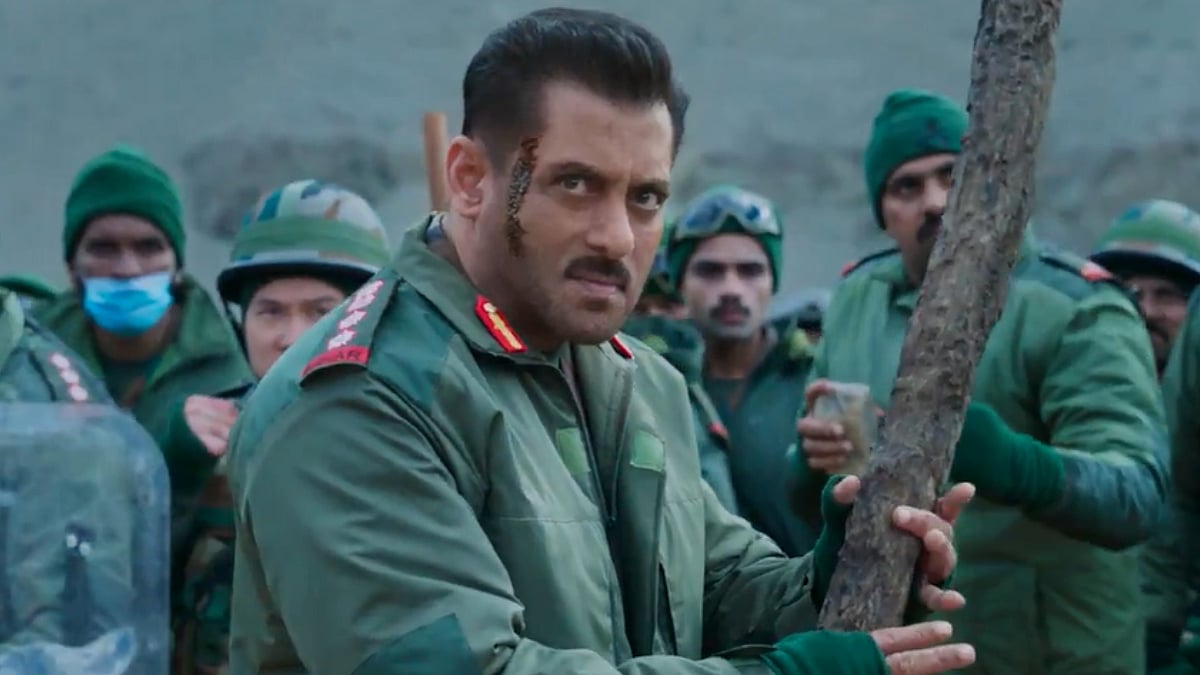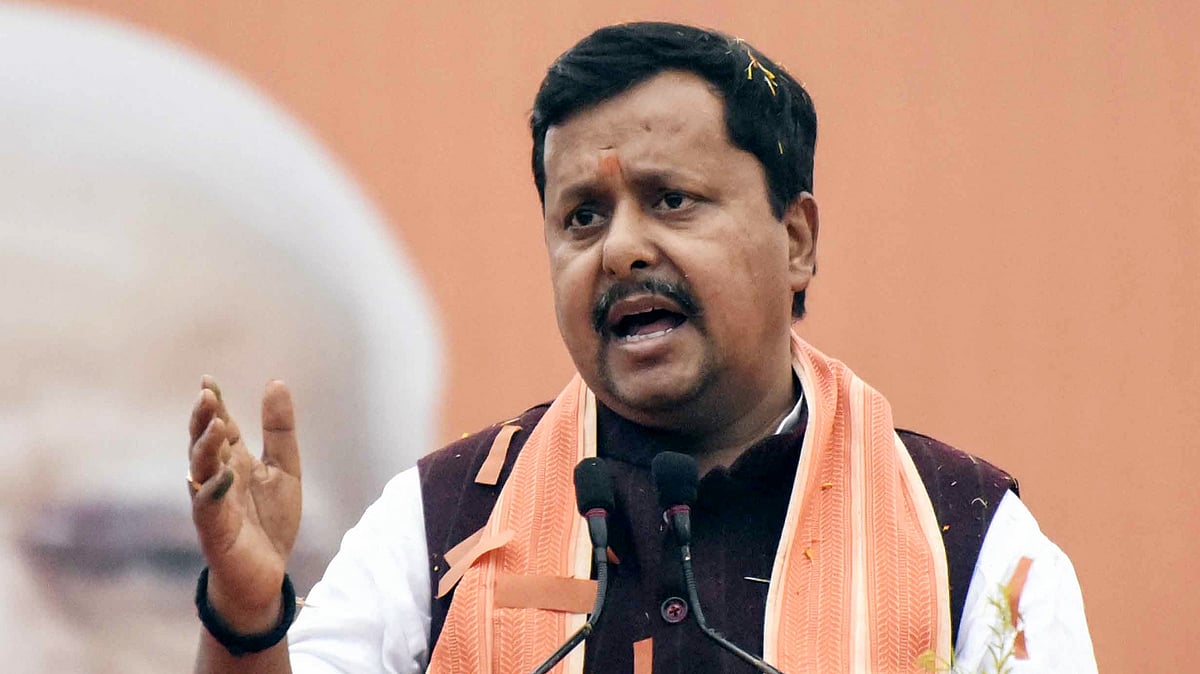The decks have been cleared for the swearing-in of Narendra Modi as the Prime Minister for a third consecutive term. After Jawaharlal Nehru, he is the first prime minister to come to power in this manner. He returns to power under circumstances different from those he has been accustomed to, both in Gujarat and at the Centre. The National Democratic Alliance (NDA), headed by the Bharatiya Janata Party (BJP), has secured only 293 seats, just 21 more than the minimum required to form a government. In 2019, his own BJP had secured enough seats to carry on even if the alliance partners decided to part ways with him. This gave the prime minister enough elbow room to have his own way while taking policy decisions and making appointments to key posts. In other words, Modi was not under compulsion to follow the advice, let alone dictates, of his partners.
This time, Modi will have to take his alliance partners into confidence, as he is dependent on them for continuing in power. Small wonder that demands have already been heard about one of the partners asking for the post of Speaker. In a coalition situation, the Speaker is often compelled to make decisions that can make or mar the prospects of the government. Incidentally, the Telugu Desam Party had once demanded and obtained the Speaker’s post. One reason why the BJP antagonised the farming community in Punjab, western UP, and Haryana was because it tried to push the misguided agricultural laws down the throats of the farmers. Had the BJP been leading a coalition government, it would not have embarked on such a course of action. The point is that a coalition government is not necessarily a bad phenomenon.
In 2004, when Dr Manmohan Singh was chosen to head the United Progressive Alliance government led by the Congress, his government was in a minority. It had to depend upon the Left parties and an assortment of smaller parties like the Muslim League and the Kerala Congress, not to mention the Bahujan Samaj Party. Dr. Singh had experience as finance minister but he did not have the political clout to head a government that was dependent on outside support. The situation was such that the CPM leader Sitaram Yechury was reported to have remarked that if his party asked the prime minister to stand up, he would do so. Be that as it may, he was able to do well during his first term when he was able to enact laws of long-lasting political significance. The National Rural Health Mission, the Unique Identification Authority that introduced the Aadhar card, the Mahatma Gandhi Rural Employment Guarantee Scheme, and the Right to Information Act were some of them.
In fact, the Congress was able to return to power only on the steam of such laws as the job guarantee scheme. Of course, it was not a bed of roses for Dr Singh, who had to risk his own career and the future of his government when he resisted the Left and signed the civil nuclear deal with the US. Ultimately, the Left parties had to eat humble pie when their own chosen Speaker refused to resign as commanded by them. Modi has greater political experience than Dr Singh and there is no reason why he should not succeed as prime minister of a coalition government. Like in the case of the UPA, the BJP can also have a body that accommodates all the parties in the coalition to have consultations before new laws are enacted or policy decisions are taken.
Astute observers of the BJP government’s style of functioning believe that decisions were taken by a few persons enjoying the confidence of Modi. There were hardly any discussions, as a result of which the government earned a bad name. The Agniveer scheme, for instance, was not initiated with adequate consultations even within the BJP, let alone the NDA. The BJP had some loose cannons who created more problems for the party, like when they said the Constitution would be amended if the party got a two-thirds majority. To give voice to the restraining forces has its own advantage. Let Modi be more accommodative and receptive to make his third term a greater success.









